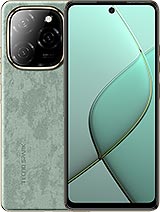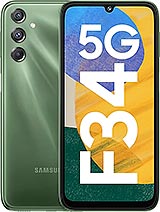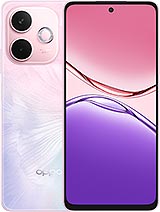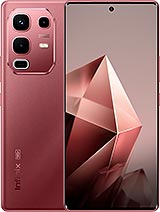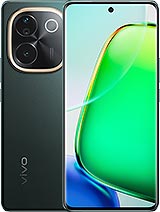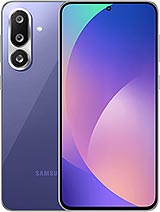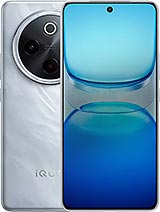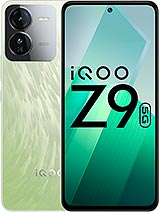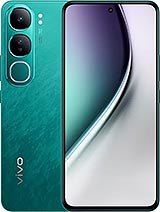iQOO Z9 alternatives
Tap above to see alternatives.
Vivo Y300 alternatives
Tap above to see alternatives.
2x2.8 GHz Cortex-A715
6x Cortex-A510
2x2.2 GHz Cortex-A78
6x1.95 GHz Cortex-A55
8GB 256GB (UFS 2.2)
8GB 256GB (UFS 2.2)
f/1.8, 26mm (wide), 1/1.95", 0.8µm, PDAF, OIS
2 MP
f/2.4, (depth)
f/1.8, (wide), 1/1.95", 0.8µm, PDAF
2 MP
f/2.4, (depth)
1080p@30/60fps
f/2.0, (wide), 1/3.0", 1.0µm
f/2.5, (wide)
SIM1: Nano, SIM2: Nano (Hybrid)
SIM1: Nano, SIM2: Nano
8 5G bands
n1, n3, n5, n8, n28, n40, n77, n78
8 5G bands
n1, n3, n5, n8, n28, n38, n40, n41
In this performance comparison, the iQOO Z9 with its Mediatek Dimensity 7200 (4nm) performs better than the Vivo Y300 with the Qualcomm Snapdragon 4 Gen 2 (4nm), thanks to superior chipset efficiency.
Both iQOO Z9 and Vivo Y300 offer the same software support — 2 years of OS updates and 3 years of security updates.
Both iQOO Z9 and Vivo Y300 feature AMOLED displays, offering vibrant colors and deeper blacks. Both smartphones offer the same 120 Hz refresh rate. Both devices deliver the same brightness level at 1800 nits. Both phones have the same screen resolution.
Both phones are equipped with the same 5000 mAh battery capacity. Vivo Y300 also supports faster wired charging at 80W, compared to 44W on iQOO Z9.
Vivo Y300 offers better protection against water and dust with an IP64 rating.
- iQOO Z9 – Check price here
- Vivo Y300 – Check price here
¹ Scores can vary even with the same chipset due to RAM, thermals, and software optimization.


